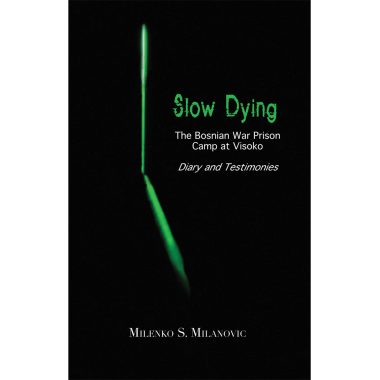Meet the Author
 Frank Marsh was a trial attorney for twenty-five years and then a university professor of philosophy, law, and bioethics. He has published six books on bioethics, numerous articles, and scripted documentaries dealing with medicine, genetics, and law. He also is the author of the novel Rebekka’s Children.
Frank Marsh was a trial attorney for twenty-five years and then a university professor of philosophy, law, and bioethics. He has published six books on bioethics, numerous articles, and scripted documentaries dealing with medicine, genetics, and law. He also is the author of the novel Rebekka’s Children.
Details
Formats: Paperback / eBook
Pages: 288
ISBN PB: 978-0-9838264-3-9
Release Date: 4/6/2012
Praise
“Wow, that was an excellent book! I really don’t know what to say, except wonderfully written. What a page turner. I couldn’t put it down!”
~ Sue Erickson, e-book reader.
“Kudos to the author for writing about an often overlooked aspect of the Holocaust.”
~ Harper Lee, via Smashwords.
“This was a well written story, but due to subject matter it was hard to read and even harder to finish.”
~ Beebirdy, via Smashwords.
“A novel of love, betrayal and ideology during the horrors of World War II. In this dense saga, Marsh (Rebekka’s Children, 2009) weaves the love story of two college students in Prague whose union is as unlikely as it is unwelcome. In 1938, Julia Kaufmann, a Jew from Prague, and Erich Schmidt, a German, nevertheless pursue their affair even after being warned away from each other in the turbulent times before the Second World War. Julia’s family, who initially disapproves of her choice, soon comes to love and respect Erich. But the war intrudes on the budding romance, and Julia and her brother escape to England while Erich returns to Germany. His father, a prominent medical doctor with considerable influence in the Nazi regime, arranges for his son to work at a hospital, shielding him from the obligation to become a soldier. As the war progresses, their paths continue to diverge. Julia becomes an agent in the resistance movement, and Erich’s hospital responsibilities intertwine with medical eugenics and euthanasia, progressing slowly from incurably disfigured children to the mentally unfit to a horrible culmination. Throughout their wartime experiences, both Julia and Erich cling to the idea that they will reunite and continue their lives together. Marsh thoroughly explores the shades of gray that can exist in wartime. Erich is a sympathetic character, yet his role in the war seems largely the result of his innate passivity—”stay silent to survive”—which is in stark contrast to Julia’s developing courage. Despite the horrors surrounding them, many of the characters observe the beauty of the natural world, and Marsh’s sensory descriptions, especially of sights and smells, enrich the story. The writing is eloquent, but not always economical—tangential, philosophical and at times dreamlike elements slow the pace. Perhaps that is Marsh’s intention. Although the conclusion is not a surprise, it shouldn’t diminish the story’s lingering impression. Patient readers will be rewarded with a contemplative story that will likely inspire further discourse.”
~ Kirkus Reviews, via bn.com.
 Frank Marsh was a trial attorney for twenty-five years and then a university professor of philosophy, law, and bioethics. He has published six books on bioethics, numerous articles, and scripted documentaries dealing with medicine, genetics, and law. He also is the author of the novel Rebekka’s Children.
Frank Marsh was a trial attorney for twenty-five years and then a university professor of philosophy, law, and bioethics. He has published six books on bioethics, numerous articles, and scripted documentaries dealing with medicine, genetics, and law. He also is the author of the novel Rebekka’s Children.











